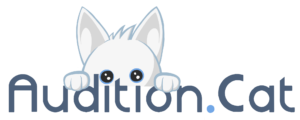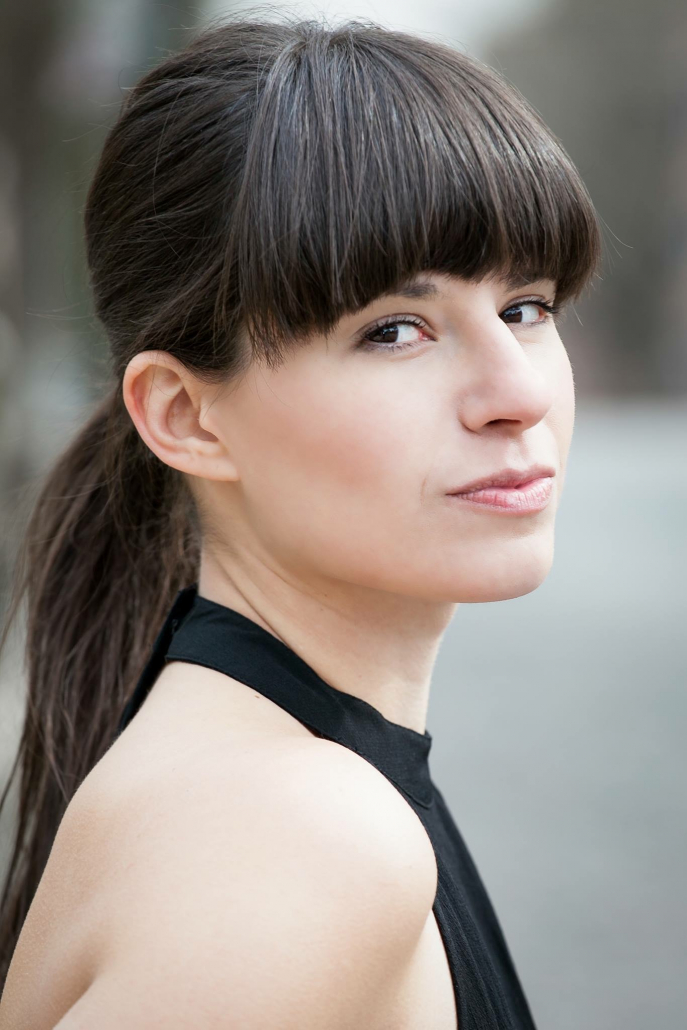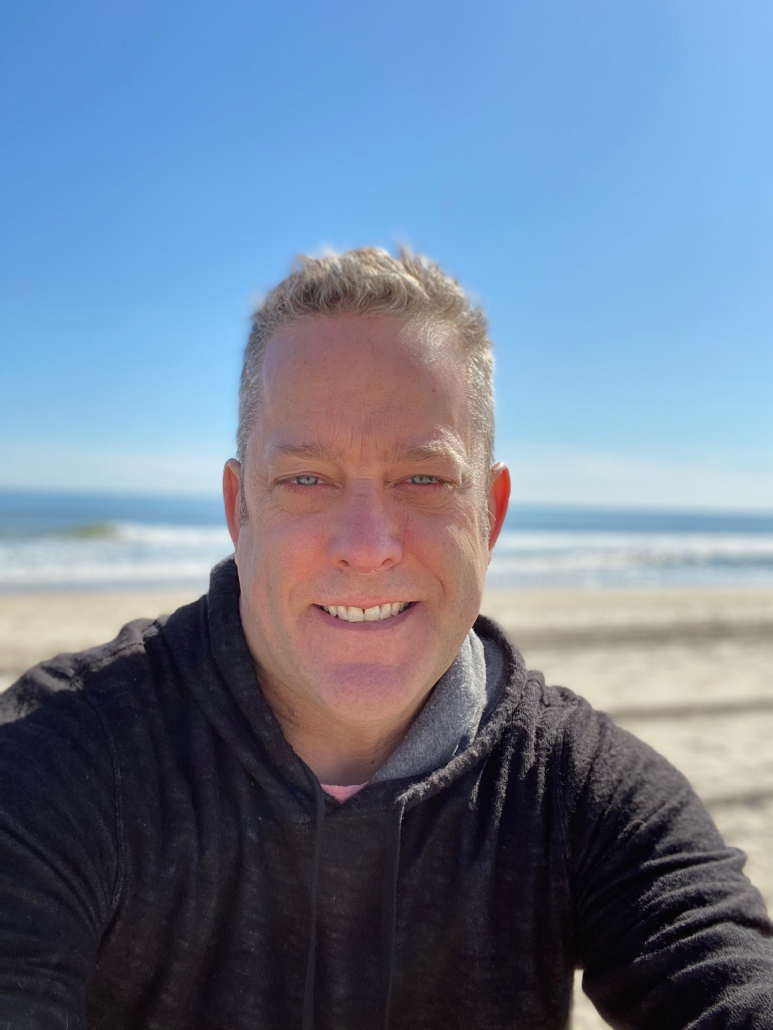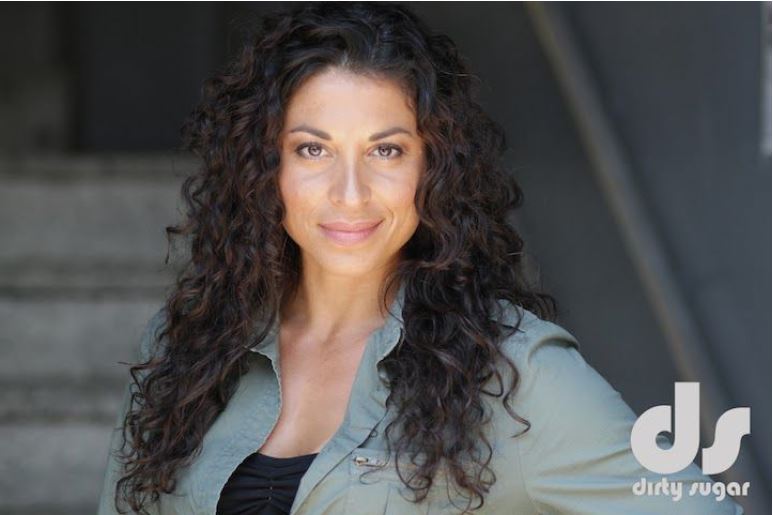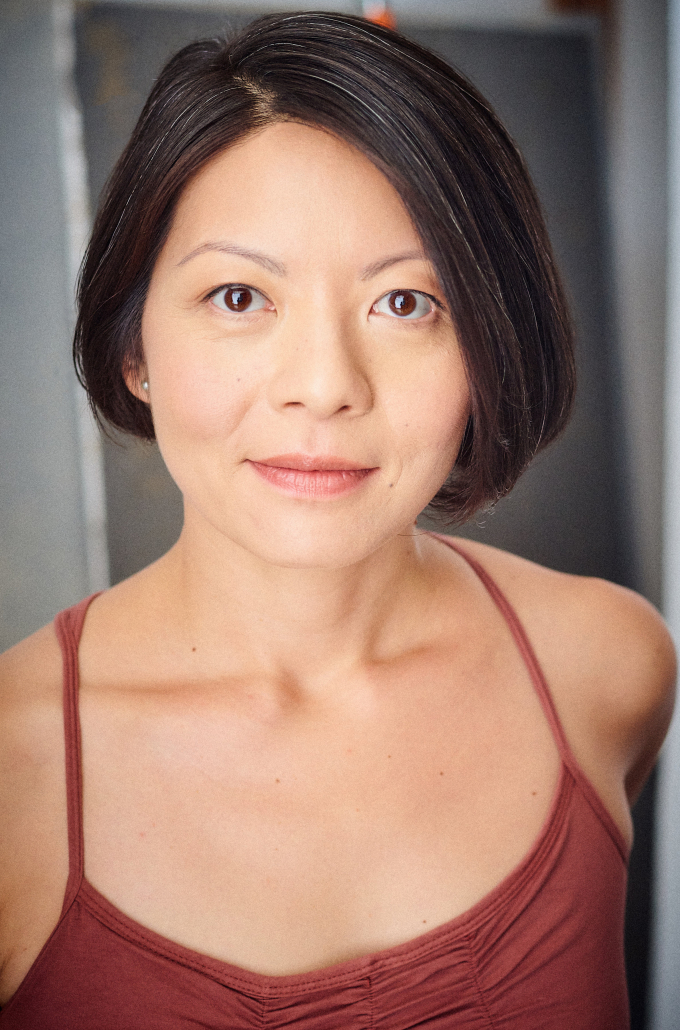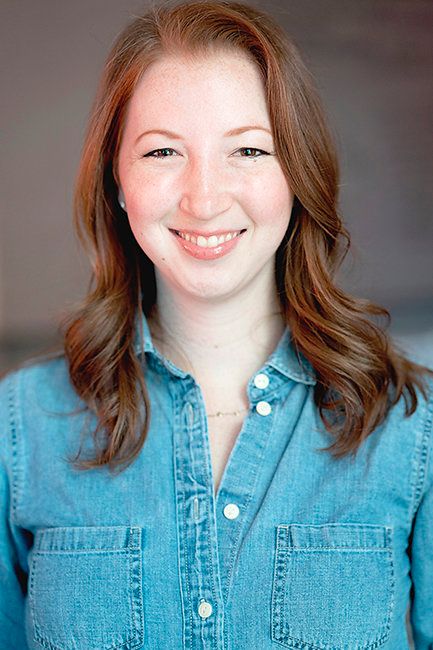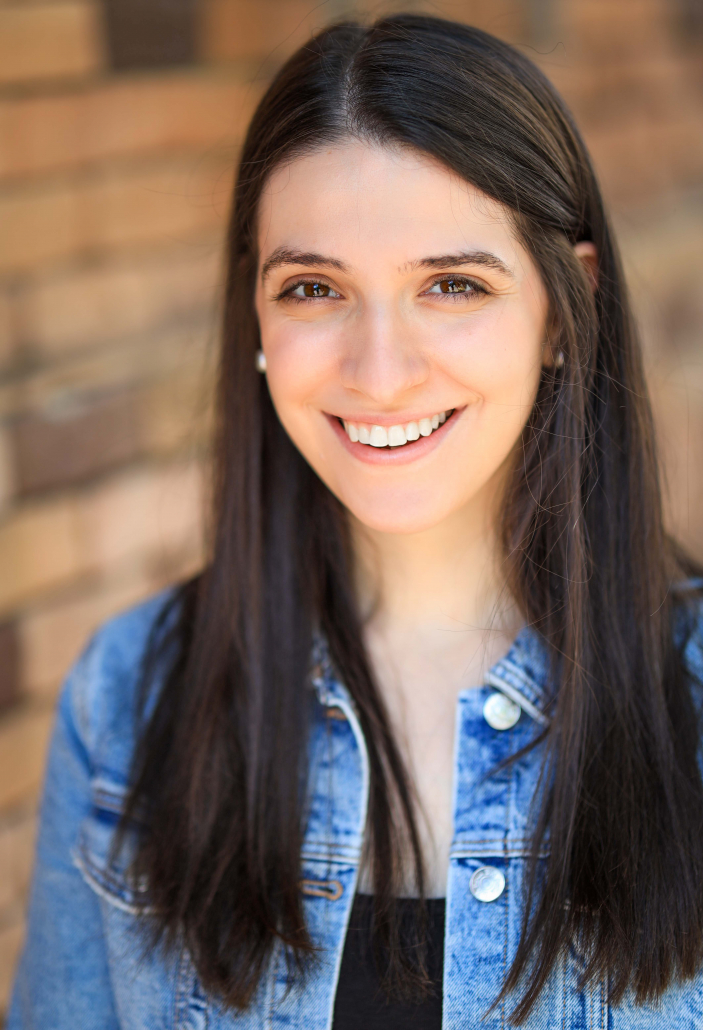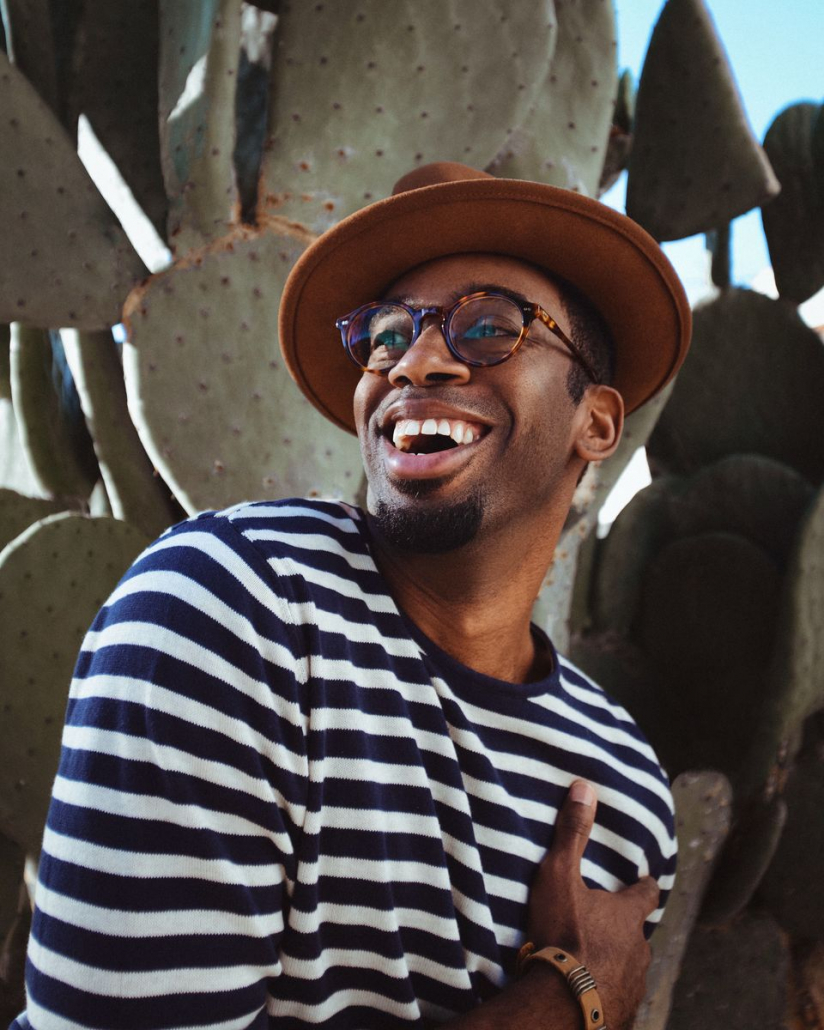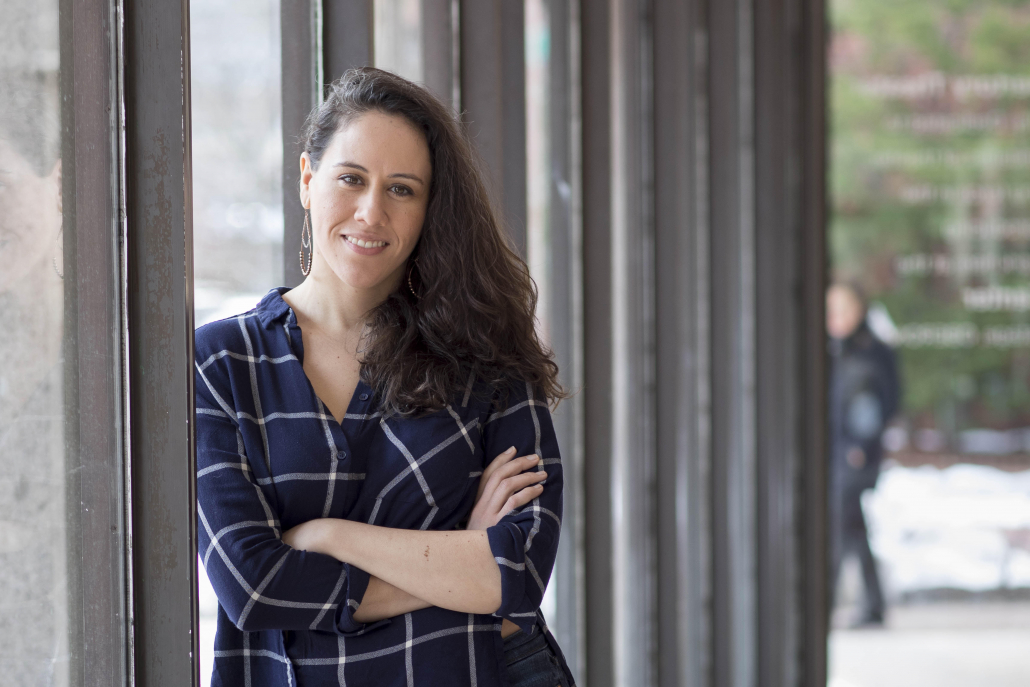- Thank You, 10 is an interview series brought to you by Audition Cat, an upcoming app with career management tools for the professional auditioning performer. Each article interviews an industry professional with a different experience and opinion about what the future of auditioning looks like. Through these conversations, we hope an image will appear about what’s next for the industry, and what it aspires to be. Have someone you’d like to be considered for an interview? Reach out to us Facebook, Twitter, or Instagram.
Mirirai
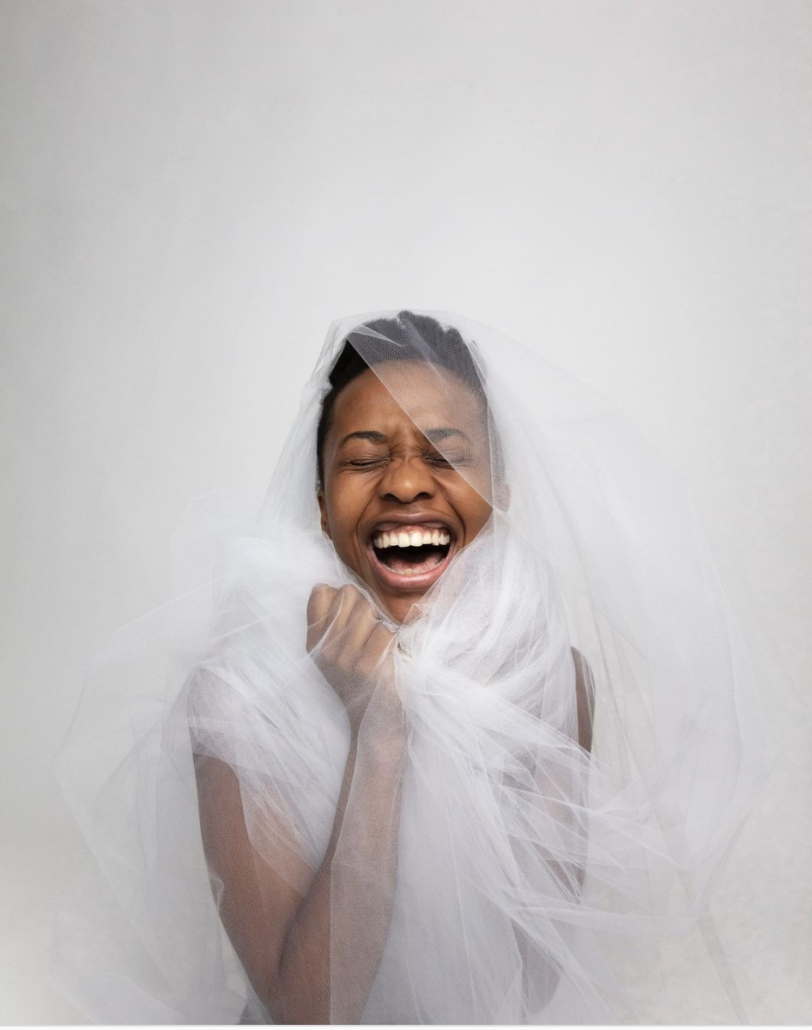
Pronouns: She/her
Occupation: Sovereign Artist | Visionary Healer
Website: www.mirirai.com & www.ayedefy.com
Credits: “Black Mirror: Smithereens” “Russian Doll” If Pretty Hurts Ugly Must Be A Muhfucka
Getting to Know You
Who are you? What’s your artistic background / what started your journey into the arts?
I am a multi-dimensional artist. My mediums are usually theatre and television. What started me on this beautiful journey is a love for performing. I started as a baby dancer, and then an athlete/musician while growing up in Massachusetts. Having spent the majority of my adult life as an actor, I feel more aligned now to call myself an artist and return back to the full complexity of my artistry, which includes musical theater, dance, and writing. I like to be in the soup of collaboration. Making things with other human beings. I haven’t worked with an animal yet. Someday… But my background is mostly in devising collaborative theater and new play development, with a tinge of musical theatre.
When did you set out on your current career path?
When I got fired.
Oh, okay! Do you want to dig into that? You don’t have to.
I’m only where I am now because I went and dug deeper into myself and who I am. I’m a performer and I am a storyteller. And it took me “getting let go” from a regional play in 2019 and being really confused and sad to get to where I am today. It was pretty traumatic. And I say “was” because I’ve grown. Then, I began an undefined journey of figuring out who I was without work. Flying out to Budapest in 2021 for an onset gig was the first time I’d been on set in two years. So it does feel like this current path that I’m on is perfect despite how grueling it was – and is – on my nervous system and on my sense of self-worth. Having given a lot of myself to an industry that had – unbeknownst to me – been whispering about the flaws in my character and then unceremoniously being forced out of a production, I was like, Gasp! “What do I do now?” And then I really had to give myself a bunch of ego deaths. Not because the ego doesn’t serve, but because I wasn’t understanding and cultivating the clearest, kindest, sovereign use of my power and my voice. I wasn’t seeing my own worth. And that’s a roundabout way to say, “I’m so glad I got fired and that my castmates sent me off with love and prayers”. It’s totally a villain origin story with a happy ending.
What is your “mission statement” as an arts professional? What drives you to continue in this industry?
I have guiding principles: I believe in integrity, love, and respect for all of the creatives. I think my guiding principle for saying yes to things right now, is that my spirit has to be moved by the story. The character that I’m being asked to play has to feel like there’s room for all the colors that I bring to my daily life to be brought to the screen or the stage. I will not compromise my mental or physical health for this career anymore. I also believe that we tell ourselves stories to live; ever since day one in the cave. Now we’re here in 2021. Many things have changed. A lot of things haven’t. I’m really invested in community and how we help our communities thrive by letting others tell their story and bringing those individuals – marginalized or otherwise – that are historically cut out of their own stories back into the narrative to say, “I know you’re there. You were there! They tried to erase you. But no, you were there!” I’m really about bringing light to a lot of the dark.
Within your artistic profession, what other industry roles do you work with most closely?
I’ve been a director, an assistant director, front of house staff, administrative assistant for various theater and nonprofit theater institutions, and a dramaturg. Usually, when I’m assistant directing, there’s movement involved. As an actor, I’ve worked closely with choreographers, dialect coaches, and musicians. I’ve also been a Producer and facilitator of short film projects. A lot of times myself and other creatives had to put together the resources to get folx to fund a project. When I started in New York, before I had an agent, I sold merch. It’s one of my favorite parts of my life, selling merchandise for Broadway theatres. Now I’m on an equity and inclusion committee working closely with executive leadership at institutions.
What do you wish was more widely understood about your profession?
That it’s a job. Back to getting fired! I know people are fired all the time, I knew that it was possible for me. And when it actually/finally happened to me without a clear reason… I had to work through my anger about that situation before seeing it now as a blessing in disguise.
We need rehearsal so that when we get ready to do the thing, whether we’re saying “action” on set, or first preview, we know what we’re doing. The job is to tell the story and the job is to keep each other safe, while we’re in the space, whether that space is a soundstage or at Playwrights Horizons. I want people to understand that this is work, and what I now believe is that auditions are unpaid internships. But I think when I come into a space where I am asking questions so that I can do my job, it has been perceived as, “I want to be right and I am unhappy here.” I just have a different way of working. I work differently than you, I have a different method. My method is not your method. You have a different process than I do. I think everyone kind of wants everything to be all neat and sweet and cute. And then we’re on a step and repeat saying “happy opening”. No, it’s a process. And then after opening, we still have to do the show. Especially if you’re talking about theater. Then I think what’s even more daunting is when you’re doing a film or a TV show, you can’t change anything after that. It’s done. So I hope you rehearsed! Because that’s it. That’s the end. It’s going to get edited and released. And I hope I gave them all the colors and left it all out there. And I trust that there was something on every single tape because I was prepared for work.
Auditioning and You
In your experience, what is the most common pitfall that actors make with auditions?
One of my pitfalls is not trusting my intuition, which reflects in my life, too. I’m a bit of a tryhard. Because I care. I try really hard to create full characters, even if I’m given 48 hours to put something on tape. My other pitfall is still learning how to say “no” to auditions because it either doesn’t excite me or I don’t want to create the time. Recently, a dream role came in to audition for and I just kept saying no when they kept extending the deadline because I just didn’t feel healthy. I didn’t really want to enter that character’s psyche. Which brings me to the pitfalls of actors in general. It’s like, how dare we say “no”? I actually think we would have a healthier industry if people asked the questions, “Does this really excite you?” “Do you really want to take this on?” Our collective pitfall is I don’t think we take care of ourselves enough because we’re so passionate about the craft and storytelling and we cut ourselves open for the chance to be seen, delve into a character, and get paid to do so. I no longer think we have to exist in that bleeding heart space in order to tell good stories.
Let’s talk about self-tapes! Self-tapes have become more and more common for auditioning actors, even more so during the pandemic. What do you like about self-tapes? What do you dislike about them?
Pre pandemic, I loved self-tapes. I really enjoyed them! I felt like there was freedom to throw 1,000 things at the wall. Look, we’re actors, we have to get used to looking at ourselves and liking what we do. And I think it’s a practice.
One of my dislikes right now for self-tapes is that I don’t feel like it’s a representation of the energy I bring to a space, especially having undergone immense spiritual and emotional growth. I can put on the makeup, change my hair, or change my clothes. There are so many variables and factors that contribute to an actor being that “Yes” to the folx on the other side of the table or Zoom screen. When I say yes to an audition, I think, “Yeah, it’s me!” Which isn’t to say that it can’t be someone else. Moreso, “Yeah, I could do this.” I’m not seeking validation asking “Can I do this role?” But sometimes with self-tapes, I don’t think they give us enough space to explore the characters. Sometimes you don’t get breakdowns. Sometimes you only get 24 to 48 hours. So right now, it still feels like there’s just a scarcity and a rush. For me, I want to be as clear as possible about what I say “yes” to.
As self tapes become more and more prevalent in the industry, for your profession, what are the main differences between in-person and virtual auditions? What advice do you have for actors who have less experience with virtual auditions?
My advice is to come in expecting that the old days will be behind [you]. To make sure that your virtual setup is exactly how you want it to be. And use the time in the virtual waiting room to really breathe. I think it’s breathing, understanding that there are now even more variables than before, and a lot of them have to do with technology. And those are the worst variables.
How do you expand your “network”? When you interact with a performer for the first time, what inspires you, and what are you looking for in this initial interaction/audition to convince you to bring them back?
I really gravitate towards people that I think artistically would label themselves as working class. Back to the whole, “it’s a job thing”… People who are able to understand that label in the spectrum of the performing arts, of the entertainment industry, have usually performed at least once in a blackbox somewhere off, off, off, off, off-Broadway. There is still this weird stigma towards community theater which my peers and I are trying to change. I believe that working-class artists can still occupy an elite Academy Awards esque space without compromising their ideals and dreams. And those are the people that I gravitate to and want to weave my web with.
I have worked in other service industries and I believe entertainment is a service and essential. One of my first jobs was sweeping movie theaters and selling popcorn; I’ve honestly done it all. Then during the pandemic, I made friends with my grocer (shoutout to Carmen from Smart & Final), because a part of me was like, “you know what, if the government doesn’t think I’m essential, maybe I’ll just work at the grocery store because there’s no shame in that.” I want to work with people who understand that paradox. But back to interactions with fellow performers; it’s mostly, “Can we party? Can we dance?” It’s really basic for me. I want to have a good time while telling stories.
Looking to the Future
What excites you about the future of the arts and auditioning in particular? What are your concerns?
I am not in such a delusion to think that I have all the answers. I don’t know. But I know that we’re slowly and steadily working towards something that excites us to be a part of. I’m thinking a lot about AA. And I have a lot of friends who are on their sober journey. I’ve been to one AA meeting. I have a deep love for people that are on that journey in that particular way. But the one step I’ve been thinking about a lot is “making amends”. I think we can truly make amends by building the future we want to see. By saying, “I actually cannot change the past, what I can try and do is build and give someone else the tools to do better.” To give someone else resources and to take a step back and say “no” or “I’m not healthy.” Personally, I don’t want to build a future where I’m just saying “yes” out of scarcity or ego only to get fired again…this time publicly.
I hope, I wish, and I’m excited by this feeling I have that people are gonna start getting “discovered” again by just being themselves. The world is going through some apocalyptic cycles right now so I have a feeling that people are going to be out there living their life, or tik-toking it, and get discovered on a beach somewhere and shoot into the mainstream…which as we’ve seen with the cult of celebrity has its pitfalls. As life-changing and exciting as that can be, it does concern me for the health of the individual and the craft of acting. I’ve kind of adopted my personal philosophy of “my life is my audition”, and for better or for worse I’ve gotten jobs from people looking at my Instagram. Anything is possible. That being said, – especially for those starting out – I want auditions to feel like safe spaces to express your perspective on character(s) and less to do with your follower count and audience reach.
Post-Pandemic, how prevalent do you think virtual auditions will be / what role will they play in the day-to-day casting process? Are there aspects of virtual auditions you’ve found that you prefer?
Accessibility. I think in-person auditions are primo but I also want everyone to have options. I think it’s cool that we’re finding new old ways (because Zoom has been around for a while, right?) to create access for those without the ease of coming into an audition. It also allows for the casting net to be wider.
Self Tape setups are a financial and technical obstacle for many in our industry. For those who either can’t afford or don’t feel confident in the technical knowledge to use self-tape equipment, what advice can you offer to give them the best audition?
Ask for help. I think we all need to be comfortable asking for help in all capacities. I think a lot of people are ashamed. I mean, in certain areas of my life, I do not ask for help. You know, I’m not holier than thou about it. But I’ve really learned this last year to just ask a friend… or Google man. There’s so much information. Heidi Marshall has an amazing blog. She’s amazing. And she’s such an advocate for actors, and artists of all levels. So I think it’s really just about shooting your shot. And saying, “Hey, I need help. I think you can help me.” Don’t downplay yourself. Just do it!
If you could rebuild the audition process however you’d want, what would it look like?
Say I’m the casting director. I’ve got the writer with me. I got the director with me. I ask the writer, “Top of your mind, who were you thinking of when you wrote this? Cool. Director, top five actors you thought of when you read this [script]?” Start there. Start at around 15 top-of-mind actors. And then after that 15, throw in a couple wildcards for good measure. Maybe ask the audition reader, “Do you have some friends that you think would want to do this play?” Then from there, open the pool to other ideas. What I’ve seen and experienced is that some casting offices make it seem like the pool is wide, when it’s not. So I think it’s high time we drop the illusion of nationwide searches for every project and begin with more clear and concise casting ideas that come from the creative team/lead artists.
The arts industry has inherent barriers to entry including but not exclusively race, socioeconomic status/background, gender, disability, and more. How do you think the industry should evolve to make it a more accessible, equitable, and intersectional space for all? Especially how can we apply this to the audition process?
So back to my 15, I think it would be really awesome to include someone that self-identifies as neurodivergent, a person that is “out” in terms of sexual orientation, and separately “out” in terms of mental health diagnoses. I’m here for people being like, “I’m high functioning depressive”, let’s go! It’s me…I am people. Have one person in that 15 who uses sign language, whether it’s American or otherwise, to see what it inspires in the actor and creative team. Even if the character is intended to actually vocalize those words, you can have subtitles. If the actor can sign and the audience can read, how amazing! It’s exciting to me to get creative in auditioning and casting. We’re behind. With race… we’re still talking about race. Personally, I know someone’s always gonna be writing a story about somebody Black. Whether I get hired or not is a different story.
Are people gonna be writing a story about someone with autism? And then is the person hired going to be someone with that lived experience? Although getting specific about race, ethnicity, and even sexuality is a wonderful and continued industry-wide goal, I think we can expand our view of what it means to be accessible beyond skin color and ethnic background. Personally, when it comes to the sexual orientation conversation, I still don’t know if I want my hiring to be dependent on if casting and the general public know who I may or may not be sleeping with. Alas, I do include my own ignorance in this conversation on evolving our industry. Let’s be real, despite being Zimbabwean, I can only name a few Zimbabwean actors. And even though my name is not household or what have you, I’m more interested in creating space for people who haven’t had half of the opportunities that I’ve had. Lastly, I have not yet played my own nationality. So although I can be a “diversity hire” in certain rooms, I sometimes get confused by what my role as an artist is supposed to be. Because I think “Man, I spent all this time learning all these other accents, not just trying to find my own. What is that about?” Does it come from a lack of opportunity or because I’m not waving the Zimbabwean flag at every audition I go to in order to enjoy the privilege of crafting a character irrespective of where I was born? I think the conversation is much deeper than the ones we’ve been having. But at least we’re having them!
